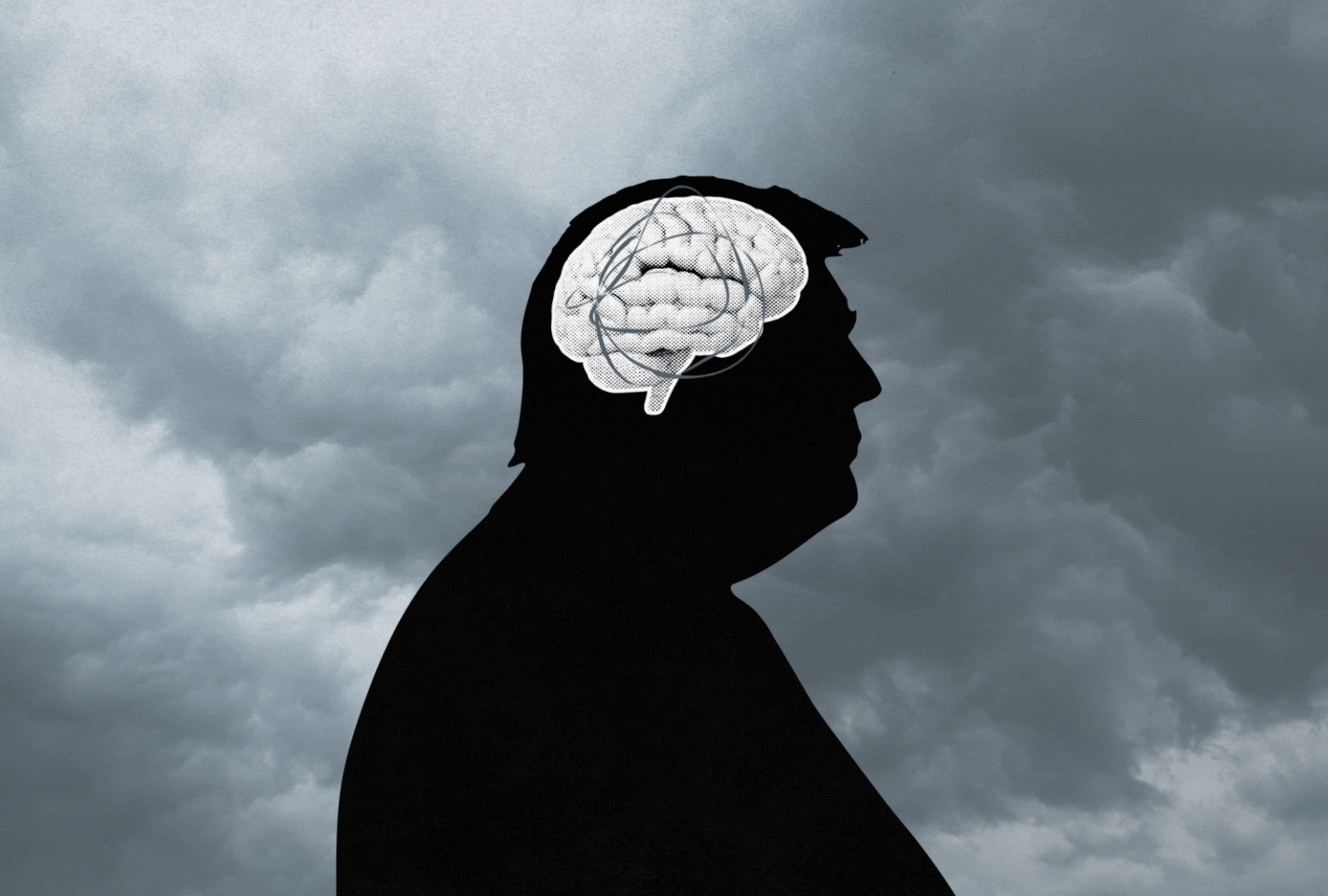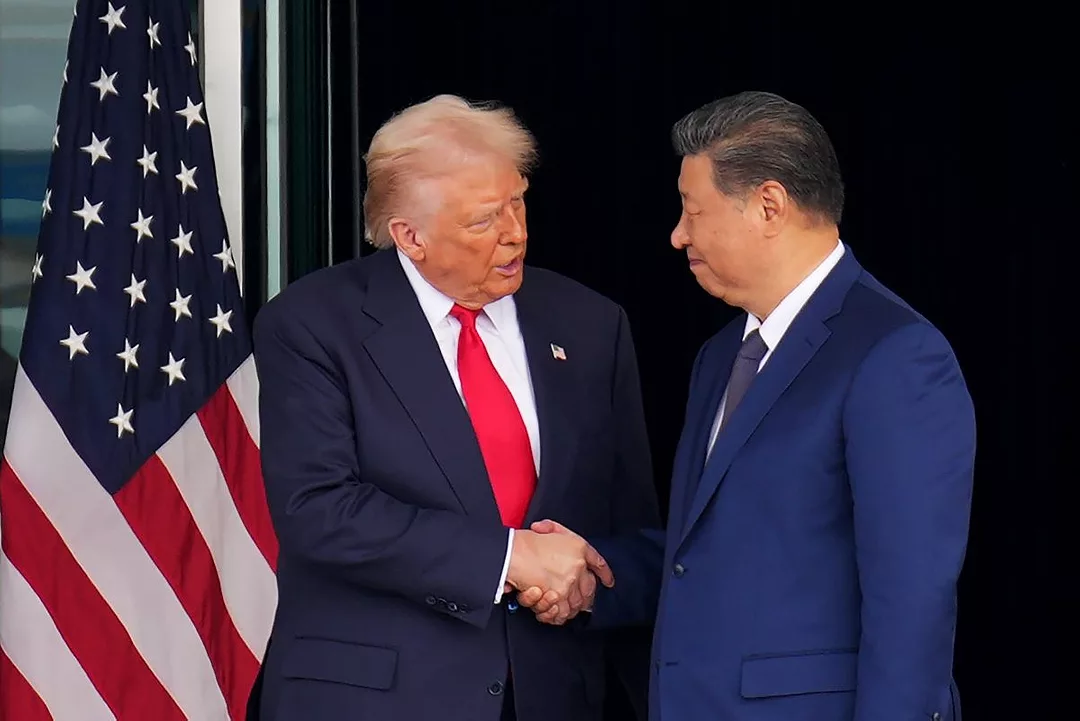Donald Trump is under increasing scrutiny following revelations about his past connections to Jeffrey Epstein. On November 7, 2023, congressional Democrats released emails suggesting Trump had spent significant time with Virginia Giuffre, a victim of Epstein, at the convicted sex offender’s residence. Karoline Leavitt, Trump’s press secretary, identified Giuffre as the individual involved and accused Democrats of launching a politically motivated smear campaign against the former president.
Giuffre, who tragically died by suicide earlier this year in Australia, was allegedly recruited by Ghislaine Maxwell, Epstein’s accomplice, while she worked as a spa attendant at the Mar-a-Lago Club in 2000. Trump’s comments about Epstein in the past have raised eyebrows. In July 2023, he stated that Epstein “stole people that worked for me,” referring to Giuffre as one of those employees.
Amid the fallout, Trump took to Truth Social, labeling the renewed focus on Epstein as a “hoax” and claiming it was a distraction from a recent government shutdown he attributed to Democrats. This response has left many observers questioning the former president’s grasp on reality and his ability to navigate the political landscape.
Concerns About Trump’s Mental State
Reports from sources close to Senate Minority Leader Mitch McConnell suggest that Trump is increasingly unable to effectively gauge his situation. Some insiders have indicated that the president’s mental acuity appears to be in decline, with noticeable changes in his public behavior.
Trump, who often displays erratic speech patterns and unexplained lapses in focus, has faced criticism even from his supporters. Comments made during public appearances have raised alarms about his cognitive health. Political commentator Juliet Jeske highlighted the challenges in interpreting Trump’s speeches, noting that even those close to him find it difficult to ascertain his intended message.
The former president’s recent discussions at public events have led to widespread confusion. For instance, during a speech at the American Business Forum, he mistakenly referenced South Africa as a communist country, later attempting to correct himself to South America. Such gaffes have become increasingly common, leaving reporters to piece together coherent narratives from his statements.
Public Reaction and Political Implications
As Trump grapples with the resurfacing of his ties to Epstein, public reaction has been mixed. Many are calling for transparency regarding his mental health, asserting that the American public deserves a clear understanding of the president’s state of mind. Meanwhile, some of Trump’s closest advisors acknowledge a shift in his behavior that is difficult to ignore.
The ongoing scrutiny surrounding his health and mental fitness has resulted in growing concern among Republicans about the implications for upcoming elections. Steve Bannon, a prominent supporter, warned that failure to secure victories in the 2026 midterms could have serious consequences for many within the party, reflecting a sense of urgency that is palpable in political circles.
Trump’s response, often characterized by denial and deflection, raises questions about his ability to handle the mounting pressure. The release of Epstein-related information is likely to intensify scrutiny of Trump’s past actions and associations, placing him at a crossroads that could significantly influence his political future.
As the situation develops, observers are keenly aware that Trump’s approach to these challenges may define his legacy. Whether he can navigate these turbulent waters remains uncertain, but the stakes are higher than ever for both him and the Republican Party.






